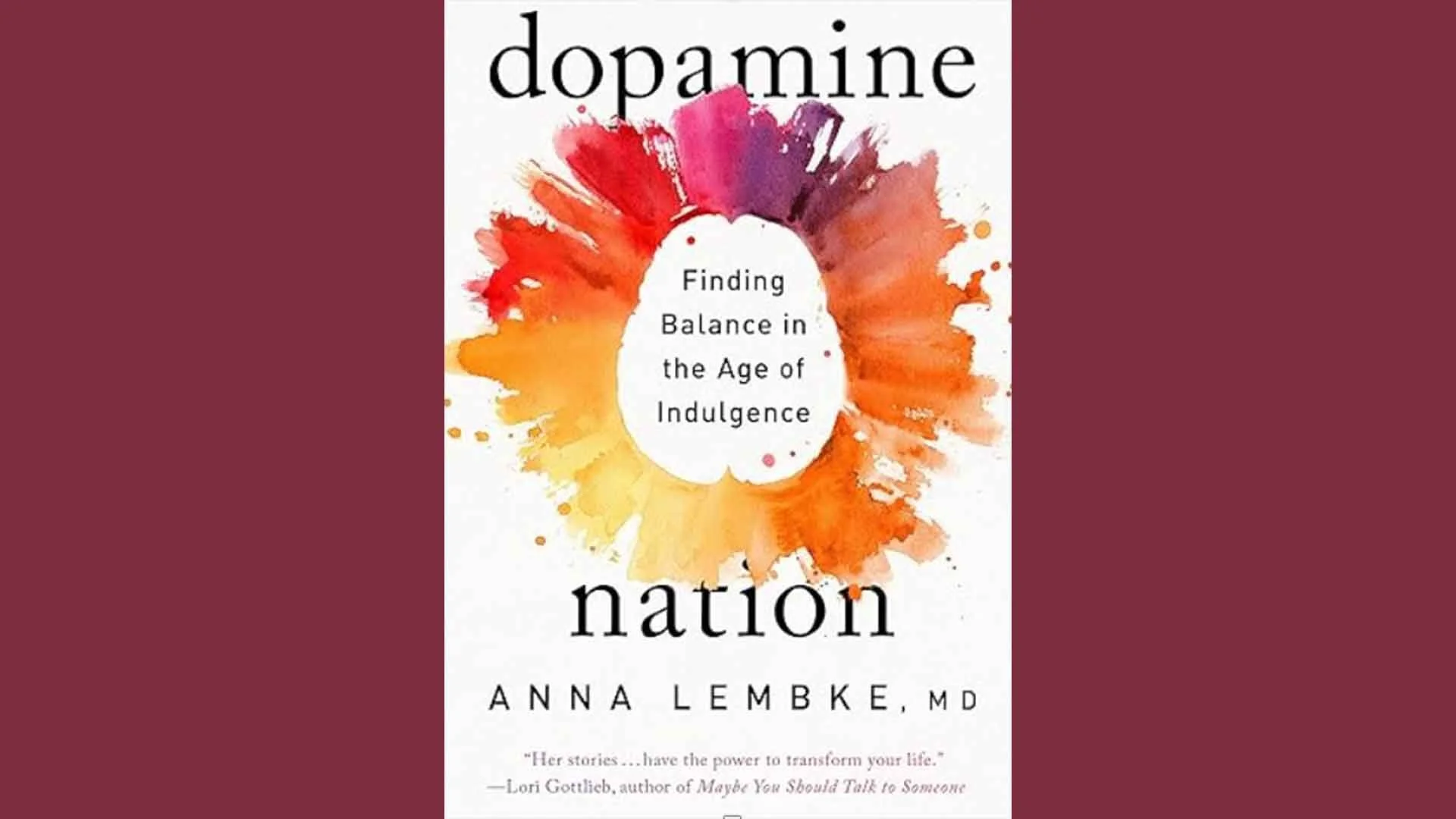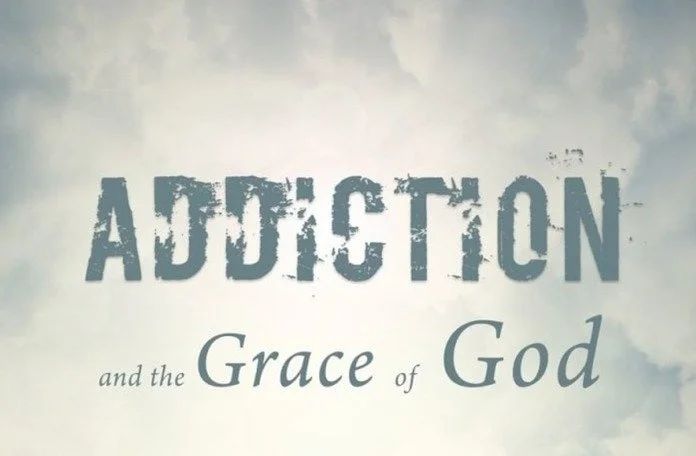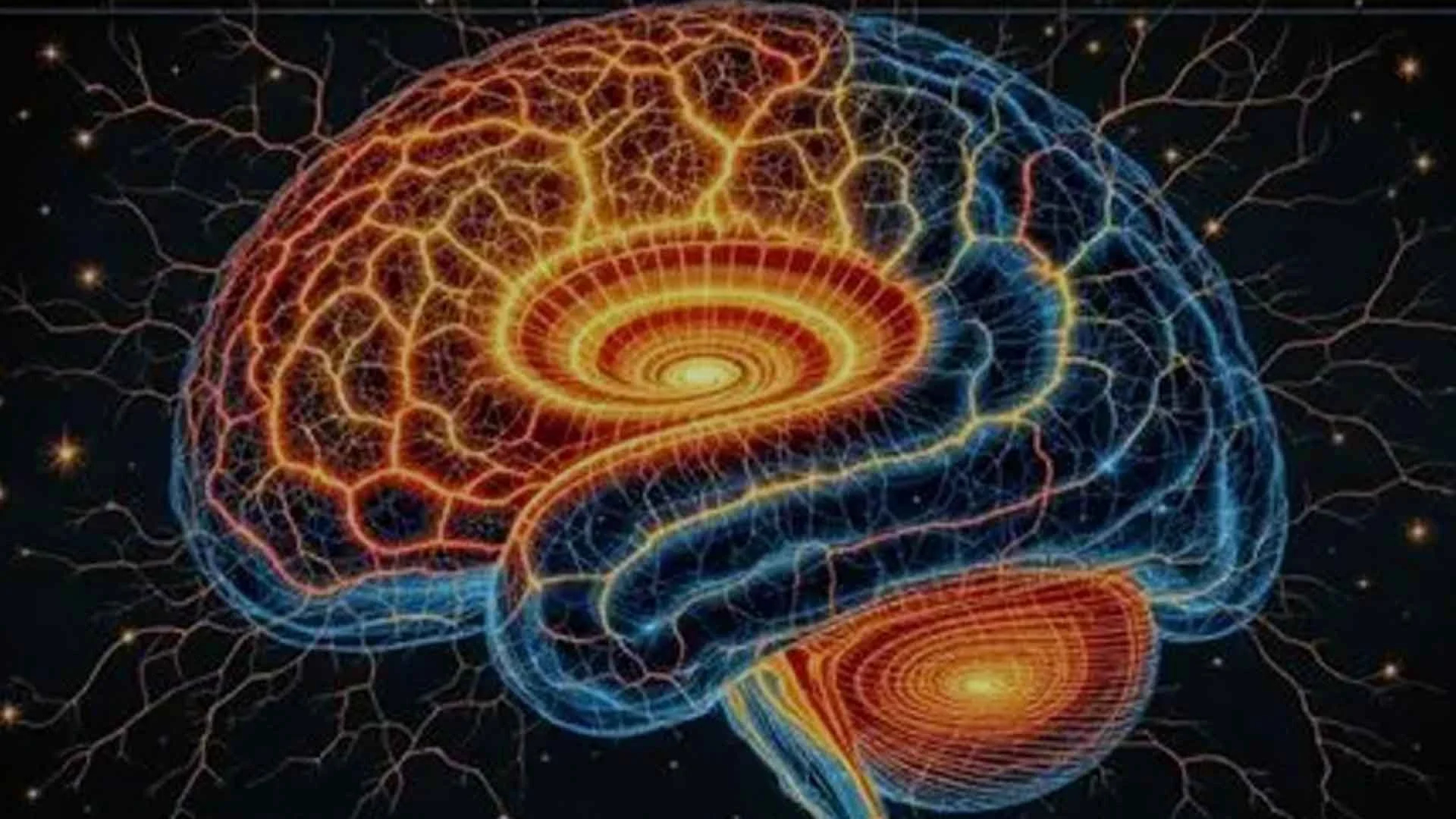The Spirituality of Aging
Aging is a multifaceted process encompassing biological, psychological, social, and spiritual dimensions. Persistent population aging worldwide is focusing attention on modifiable factors that can improve later life health, and there is mounting evidence that religiosity and spirituality are among such factors. While contemporary gerontology has made significant advances in understanding the physiological and cognitive aspects of aging, the spiritual dimension remains undertheorized, particularly from perspectives that integrate ancient wisdom traditions with clinical practice. This essay proposes a comprehensive theological framework for understanding the spirituality of aging, drawing upon Kabbalistic concepts including tzimtzum (divine contraction), shevirat ha-kelim (shattering of the vessels), tikkun (repair), and the theology of sacred brokenness as articulated through the fractured vav. We integrate global epidemiological research demonstrating connections between religiosity, spirituality, and health outcomes with Talmudic perspectives on shame, dignity, and restorative justice. We argue that aging represents not merely decline but a profound opportunity for spiritual transformation, wherein the accumulating losses and limitations of later life create sacred spaces where divine presence can be encountered in new ways. The therapeutic encounter with aging individuals emerges as a contemporary locus of Shekhinah consciousness. Through integration of classical mystical wisdom, Rabbinic scholarship, and contemporary gerontological research across global contexts, this paper offers healthcare practitioners and spiritual caregivers a hermeneutic framework for accompanying older adults through the existential challenges of mortality, meaning-making, and cosmic repair.



















